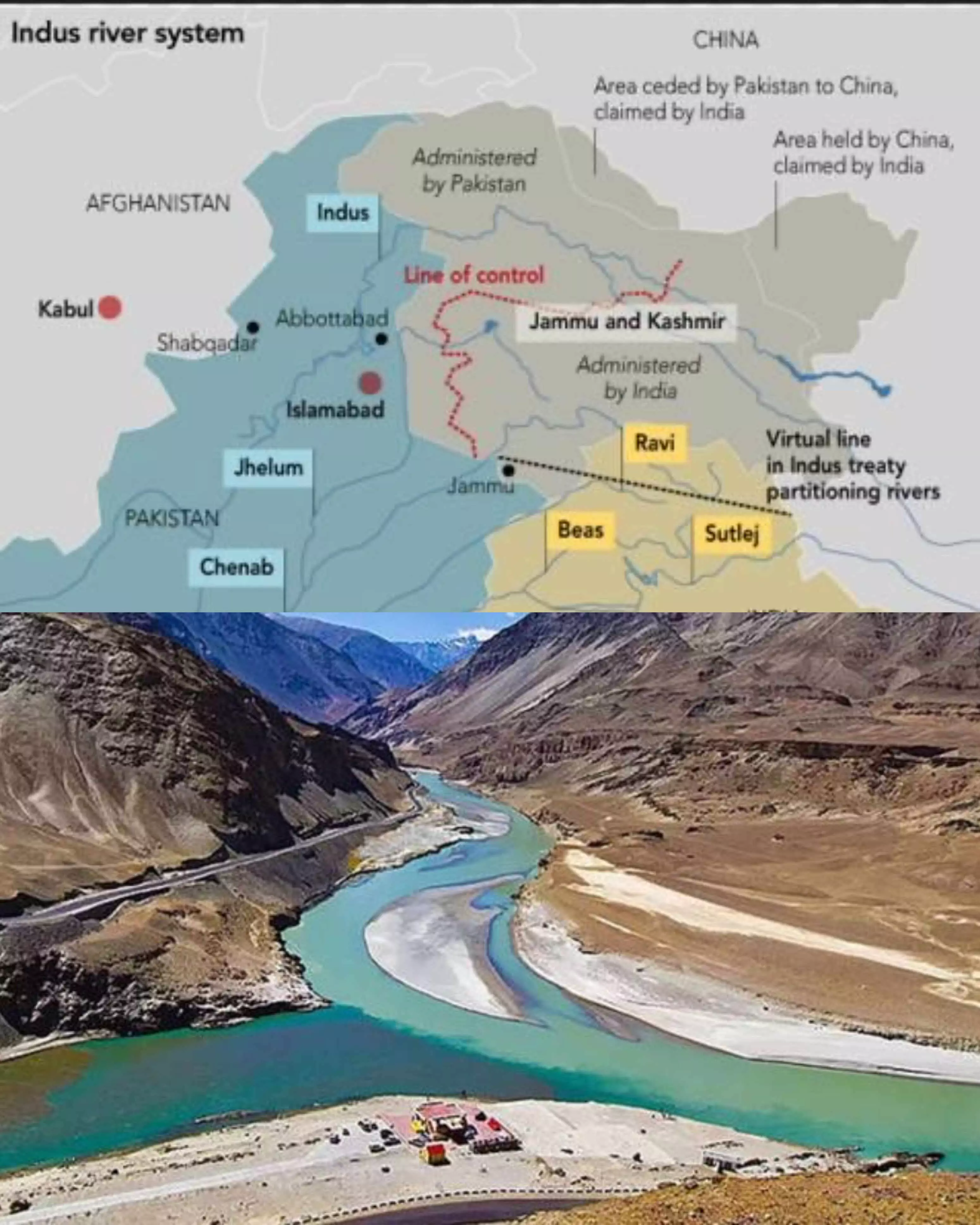Explained: What is the Indus Waters Treaty and how can Pahalgam terror attack impact it
The Indus Waters Treaty of 1960 will be held in abeyance until Pakistan abjures its support for cross-border terrorism
By Anoushka Caroline Williams
Explained: What is the Indus Waters Treaty and how can Pahalgam terror attack impact it
Hyderabad: The Indus Waters Treaty (IWT), an agreement between India and Pakistan, has come under renewed strain following the recent terrorist attack in Pahalgam, Jammu and Kashmir, which killed 26 tourists.
In the wake of the attack, India announced the suspension of its participation in the treaty, accusing Pakistan of harbouring and supporting cross-border terrorism.
The Indus Waters Treaty of 1960 will be held in abeyance with immediate effect until Pakistan credibly and irrevocably abjures its support for cross-border terrorism.
To understand the full implications, here are 10 key points about the Indus Waters Treaty and how it is being impacted by current developments.
1. What is the Indus Waters Treaty (IWT)?
Signed in 1960 between India and Pakistan with World Bank mediation, the IWT governs the sharing of the Indus River system, one of the largest river basins in the world.
2. Division of rivers:
Under the treaty, India received exclusive rights over the eastern rivers (Ravi, Beas, and Sutlej), while Pakistan got control over the western rivers (Indus, Jhelum, and Chenab), with limited usage rights for India.
3. Purpose of the treaty:
The treaty was designed to avoid disputes and ensure peaceful sharing of river waters vital for agriculture, drinking water and hydroelectric power in both countries.
4. Resilience despite conflict:
Despite wars and prolonged tensions, the IWT has survived for over six decades and is often cited as a successful model of water diplomacy.
5. Recent strain post-Pahalgam attack:
Following a deadly terrorist attack in Pahalgam, Jammu and Kashmir on April 22, India has suspended its participation in the treaty, accusing Pakistan of supporting cross-border terrorism.
6. Attari-Wagah border shut:
Alongside suspending the treaty, India has also shut the Attari-Wagah border and downgraded diplomatic ties with Pakistan, marking a significant escalation.
7. Legal and strategic Implications:
Suspending or revoking the treaty raises questions of international law and treaty obligations, potentially altering long-standing water-sharing arrangements and increasing bilateral tensions.
8. Impact on Pakistan:
Pakistan is heavily dependent on the Indus River system for irrigation and drinking water. Any disruption or restriction could severely affect its water security and agriculture.
9. International concern:
The suspension has drawn global attention, with concerns about water being used as a geopolitical tool and the risk of further destabilisation in South Asia.
10. Next steps and outlook:
The future of the treaty remains uncertain. While India’s move signals a hard stance post-attack, there may be diplomatic efforts—regionally or internationally—to de-escalate the situation and preserve water-sharing mechanisms.